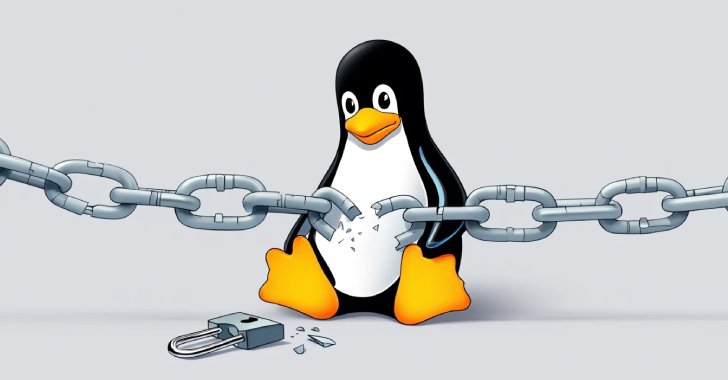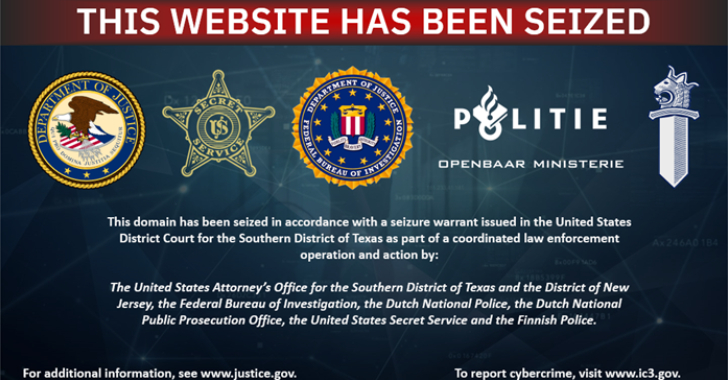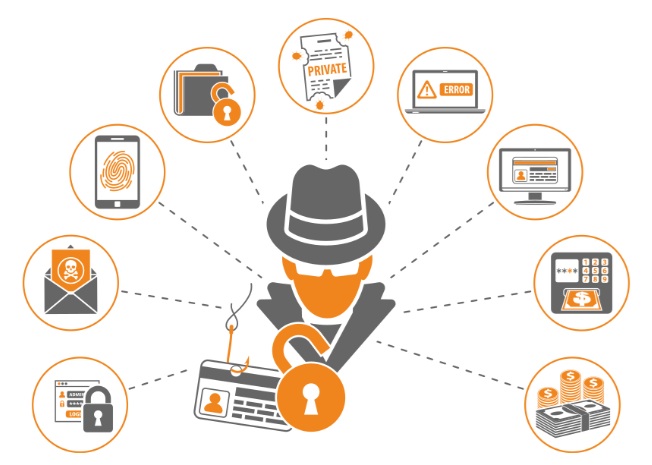
Frequently Asked Questions About Virtual Chief Security Officers (vCISO)
In the rapidly evolving landscape of cybersecurity, organizations are constantly seeking innovative solutions to safeguard their digital assets. One such solution gaining popularity is the concept of Virtual Chief Security Officers, or vCISOs. As the name suggests, vCISOs are virtual or remote experts who provide crucial cybersecurity leadership and guidance to businesses. To shed light on this emerging trend, we’ve compiled a list of frequently asked questions about vCISOs.
- What Is a Virtual Chief Security Officer (vCISO)?
A Virtual Chief Security Officer (vCISO) is a highly skilled cybersecurity professional who offers their expertise and guidance to organizations on a remote or part-time basis. These individuals bring years of experience and knowledge in cybersecurity strategy, risk management, and compliance to help organizations strengthen their security posture.
- How Does a vCISO Differ from a Traditional CISO?
While both roles share the goal of ensuring an organization’s cybersecurity, they differ in terms of employment structure and commitment. Traditional Chief Information Security Officers (CISOs) are full-time employees of a company, often overseeing an in-house security team. In contrast, vCISOs work on a contract or part-time basis and provide their services remotely. This flexibility makes vCISOs a cost-effective option for many organizations.
- Why Would an Organization Choose a vCISO?
Organizations may opt for a vCISO for several reasons:
Cost-Effectiveness: Hiring a full-time CISO can be expensive, especially for smaller businesses. vCISOs offer their expertise at a fraction of the cost.
Flexibility: Organizations can engage a vCISO as needed, scaling their services up or down depending on their requirements.
Access to Expertise: vCISOs often bring a wealth of experience and industry knowledge, providing valuable insights and strategies.
Short-Term Projects: Some organizations may need cybersecurity expertise for specific projects, making a vCISO an ideal choice.
- What Are the Key Responsibilities of a vCISO?
The responsibilities of a vCISO can vary depending on the organization’s needs, but they typically include:
Cybersecurity Strategy: Developing and implementing a comprehensive cybersecurity strategy tailored to the organization’s goals and risk profile.
Risk Management: Identifying and assessing cybersecurity risks and developing strategies to mitigate them.
Compliance: Ensuring the organization complies with relevant cybersecurity regulations and standards.
Incident Response: Creating and managing an incident response plan to address cybersecurity breaches promptly.
Security Awareness Training: Educating employees about cybersecurity best practices and the importance of security.
- Is a vCISO Suitable for Small and Medium-sized Businesses (SMBs)?
Yes, vCISOs can be particularly beneficial for SMBs. These businesses often lack the resources to hire a full-time CISO, but they still face significant cybersecurity risks. Engaging a vCISO allows SMBs to access expert guidance and support without breaking the bank.
- How Do Organizations Find and Hire vCISOs?
There are several ways organizations can find and hire vCISOs:
Cybersecurity Firms: Many cybersecurity consulting firms offer vCISO services. Organizations can engage these firms to provide a virtual CISO.
Freelance Platforms: Platforms like Upwork and LinkedIn can be useful for finding experienced vCISOs who work as freelancers.
Networking: Networking within the cybersecurity community can lead to valuable connections with potential vCISO candidates.
Recommendations: Asking for recommendations from industry peers or business associates can help identify reputable vCISOs.
- What Qualifications and Experience Should a vCISO Have?
When evaluating vCISO candidates, organizations should look for individuals with the following qualifications and experience:
Cybersecurity Certifications: Certifications such as Certified Information Systems Security Professional (CISSP), Certified Information Security Manager (CISM), or Certified Information Security Manager (CISA) are highly regarded.
Industry Experience: A vCISO should have a solid background in the specific industry in which the organization operates.
Proven Track Record: Look for candidates with a history of successful cybersecurity leadership roles and a track record of improving security postures.
Knowledge of Relevant Regulations: Depending on the industry, familiarity with relevant cybersecurity regulations and compliance requirements is crucial.
- Are vCISOs Only for Reactive Cybersecurity Measures?
No, vCISOs are not limited to reactive cybersecurity measures. While they play a vital role in incident response and managing cybersecurity crises, they also focus on proactive measures. This includes developing long-term strategies, risk assessments, and security awareness training to prevent security incidents before they happen.
- Can vCISOs Help with Cloud Security?
Yes, vCISOs can provide expertise in cloud security. As organizations increasingly migrate their data and applications to the cloud, ensuring the security of cloud environments becomes paramount. A vCISO can assess the organization’s cloud security posture, identify vulnerabilities, and implement best practices for cloud security.
- What Are the Cost Considerations for Hiring a vCISO?
The cost of hiring a vCISO varies depending on factors such as experience, scope of work, and the organization’s size. However, it is generally more cost-effective than hiring a full-time CISO. Organizations can expect to pay vCISOs on a retainer or hourly basis, making it easier to budget for cybersecurity services.
- How Do Organizations Ensure a Successful Engagement with a vCISO?
To ensure a successful engagement with a vCISO, organizations should:
Clearly define their cybersecurity goals and expectations.
Provide access to necessary resources and information.
Foster open communication and collaboration with the vCISO.
Regularly assess progress and adjust the engagement as needed.
Follow the vCISO’s recommendations and best practices.
- Are vCISOs a Long-Term Solution?
vCISOs can serve as a long-term solution for many organizations, particularly SMBs. However, larger enterprises may eventually choose to hire a full-time CISO as their cybersecurity needs grow. The flexibility of vCISO engagements allows organizations to adapt their cybersecurity leadership to changing circumstances.
Conclusion
In an era where cybersecurity threats continue to evolve, the role of a Virtual Chief Security Officer (vCISO) is becoming increasingly vital for organizations of all sizes. By answering these frequently asked questions, we hope to have shed light on the benefits and considerations surrounding vCISOs. Whether it’s enhancing cybersecurity strategies, managing risks, or ensuring compliance, vCISOs are a valuable resource for organizations looking to bolster their digital defenses in an ever-changing threat landscape.
Contact Cyber Defense Advisors to learn more about our Virtual Chief Information Security Officer (vCISO) solutions.





